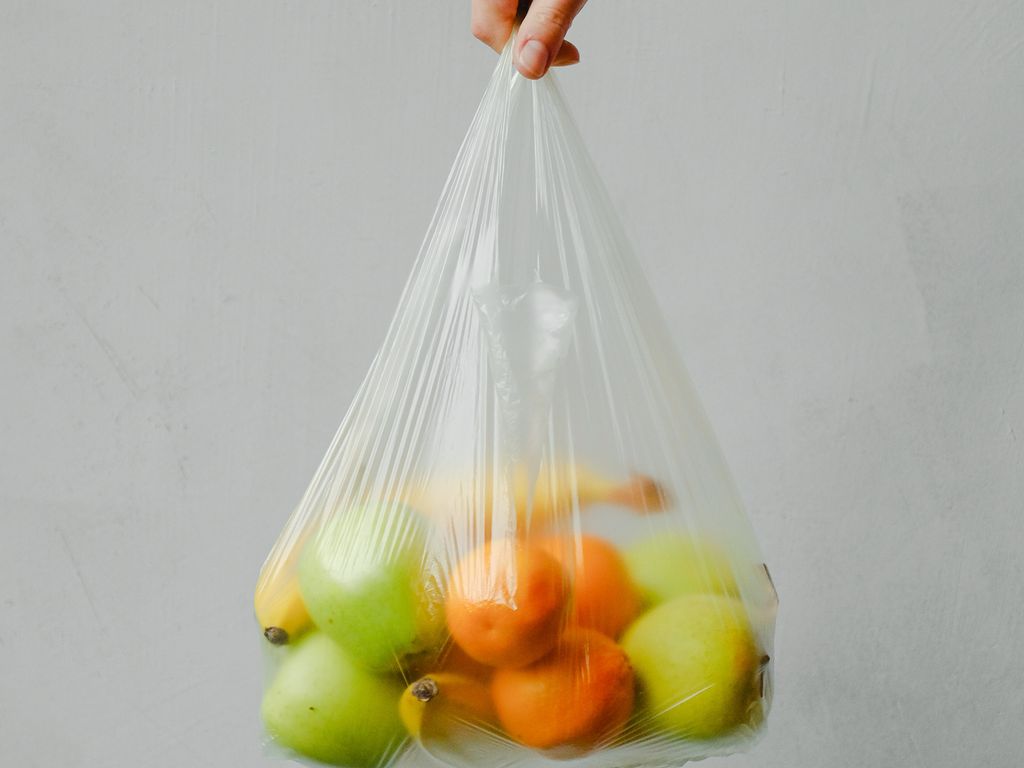4 Mins Read
According to World Wide Fund For Nature (WWF) Singapore, since the plastic bag fee came into effect in the country, each month, retailers are saving over 300,000 bags thus contributing to lesser waste and taking the citizens further towards a circular economy.
Led by World Wide Fund for Nature (WWF) Singapore, The Plastic ACTion (PACT) Retail Bag Charge launched an initiative to reduce the excessive use of single-use plastics by putting the plastic bag charge into effect and due to this system, retailers are saving over 300,000 bags every month. WWF first started to engage businesses in mid-2019, with implementation at different points depending on the brands. The results have been very encouraging, with WWF telling Green Queen that “the reduction rate has been relatively stable since implementation and they the companies] all confirmed that there was an immediate drop in bag usage.”
The introduction of the bag charge aims to drive momentum in influencing consumers’ behaviour to bring their own reusable bags and increase environmental consciousness. We look forward to inspiring more companies to adopt this initiative as a first step to look at packaging and plastics with a more holistic view to create a systemic change for the future
Stefanie Beitien, Head of Market Transformation at WWF-Singapore
Around eight companies are charging for single-use bags rather than the previous way of just providing the bags to consumers by default. These companies include Decathlon, H&M, LEGO® Certified Stores (Bricks World), SaladStop!, The Body Shop, Uniqlo, Watsons and Wing Tai Retail.
Stefanie Beitien, Head of Market Transformation at WWF-Singapore, is pleased to witness huge retailers joining hands and doing their part to reduce single-use plastics. “The introduction of the bag charge aims to drive momentum in influencing consumers’ behaviour to bring their own reusable bags and increase environmental consciousness. We look forward to inspiring more companies to adopt this initiative as a first step to look at packaging and plastics with a more holistic view to create a systemic change for the future.”
Another behavioural change observed by the WWF: 60% of consumers who are frequent customers at the above-mentioned retail shops chose to Bring-Your-Own-Bag (BYOB) since the single-plastic charge was implemented.
“WWF hope that through these positive examples more companies will be empowered to take the first step and not provide bags on default anymore”, added Beitien.
The WWF further stated that consumers in Singapore are being more conscious and understand the effects that single-plastics can have on the environment. For instance, as part of the citizens’ recommendations in the NEA Citizens’ Workgroup for Reducing Excessive Consumption of Disposables, a citizens workgroup recently called for a bag charge at supermarket retailers.
We have seen a significant increase in willingness-to-pay from consumers for eco-friendly products and are glad to share that consumers are more conscious of the environment
Leona Xu, Decathlon’s Blue Bags Project Leader
WWF added that the single-use bag charge will help usher in the Lion City’s circular economy and contribute towards Singapore’s Zero Waste Masterplan.
Helen Khoo, Executive Director of Wing Tai Retail shared that the bag charge has “proven to be effective in discouraging the use of single-use bags which is a crucial step towards reducing pollution”.
Another added benefit is that retailers can donate the money collected from the plastic bag charge to charity organisations of their choice to support further conservation efforts along with plastic-related research projects.

Decathlon, the world’s largest sporting goods retailer has completely removed all single-use plastic bags across their stores and has also implemented an option for customers to purchase the company’s reusable recycled polyester bags for shopping.
Decathlon’s Blue Bags Project Leader Leona Xu said of the campaign: “We have seen a significant increase in willingness-to-pay from consumers for eco-friendly products and are glad to share that consumers are more conscious of the environment.”
To further reduce plastic waste and encourage recycling, Singapore government added 34 new reverse vending machines in July last year to its existing network of 16, taking the total count to 50. Along with accepting plastic and aluminum waste, users receive discount vouchers as a reward for recycling material.
Across Asia, several citizens and organisations are coming together to tackle plastic waste in their respective countries. For instance, in the Indonesian island of Bali, local project Sungai Watch is installing 100 trash barrier booms created from local materials to catch plastic litter accumulated in the country’s rivers. In Thailand, the Trash Hero Kids Movement, a global initiative, conducts volunteer-led projects that include trash-picking meet-ups, programmes to educate children about environmental protection, and educating locals on long-term solutions to tackle single-use plastic.
Global data shows 127 countries in the world have already ramped up various forms of legislation to regulate plastic bags including governments from Germany banning single-use plastic to Japan starting a charging scheme for these plastics.
Lead image courtesy of Anna Shvets/Unsplash.



